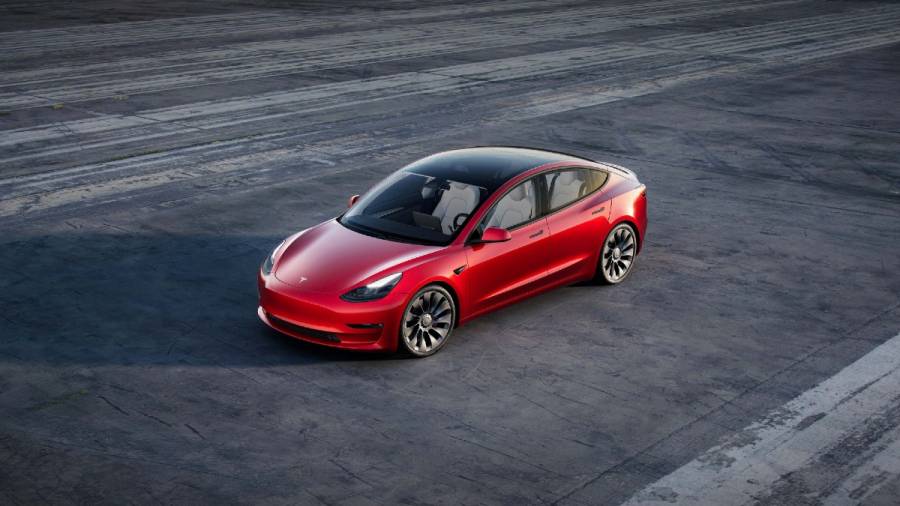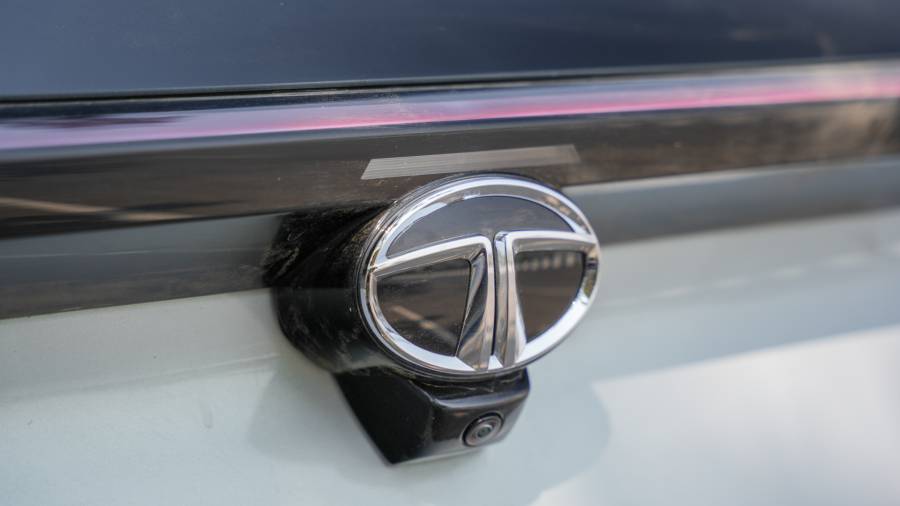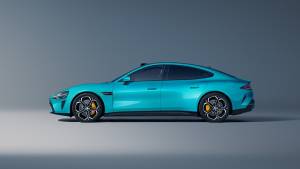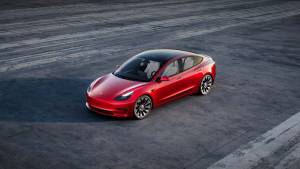Tesla and Tata Electronics join hands over semiconductor deal
Tesla appears to have struck a strategic partnership with Tata Electronics, reflecting Tesla's expanding interest in the Indian market outside traditional sales channels. According to a story in The Economic Times, Tesla has partnered strategically with Tata Electronics to source semiconductor chips for worldwide operations.
The arrangement was completed behind closed doors and signed a few months ago, according to ET. While Tesla and Tata Electronics have not formally announced the deal's value or terms, industry sources believe it is a big step.

This is consistent with Tesla's objective of diversifying its supply chain and implies an effort to build a local ecosystem of suppliers, decreasing reliance on any one market. Tesla's interest in India is obvious from Elon Musk's rumoured travel to see Prime Minister Narendra Modi later this month.
The collaboration between Tata Electronics and Tesla demonstrates a move away from China for the sourcing of crucial components. It should be emphasized that, while Tesla produces numerous electric components, it relies significantly on worldwide vendors for sub-assemblies and other parts.
Tata Electronics has made considerable investments in semiconductor production facilities across India and established an experienced workforce with deep domain qualifications, establishing itself as a dependable partner for Tesla's EV goals.

Although there is no clear agenda for Musk's travel to India, he is anticipated to publicly announce Tesla's possible involvement in the Indian EV manufacturing business. Experts estimate that it will cost between 2 to 3 billion US Dollars.
Recent policy improvements, such as lower import levies for EVs priced above $35,000, have prompted multinational automakers to develop production facilities in India. While Tesla may initially focus on luxury electric cars for the Indian market, the company has already begun developing mid-range EVs and is looking into local manufacture of entry-level EVs.
Also Read:
Nitin Gadkari states that tax on Hybrids should be reduced to 12 percent in the coming future










